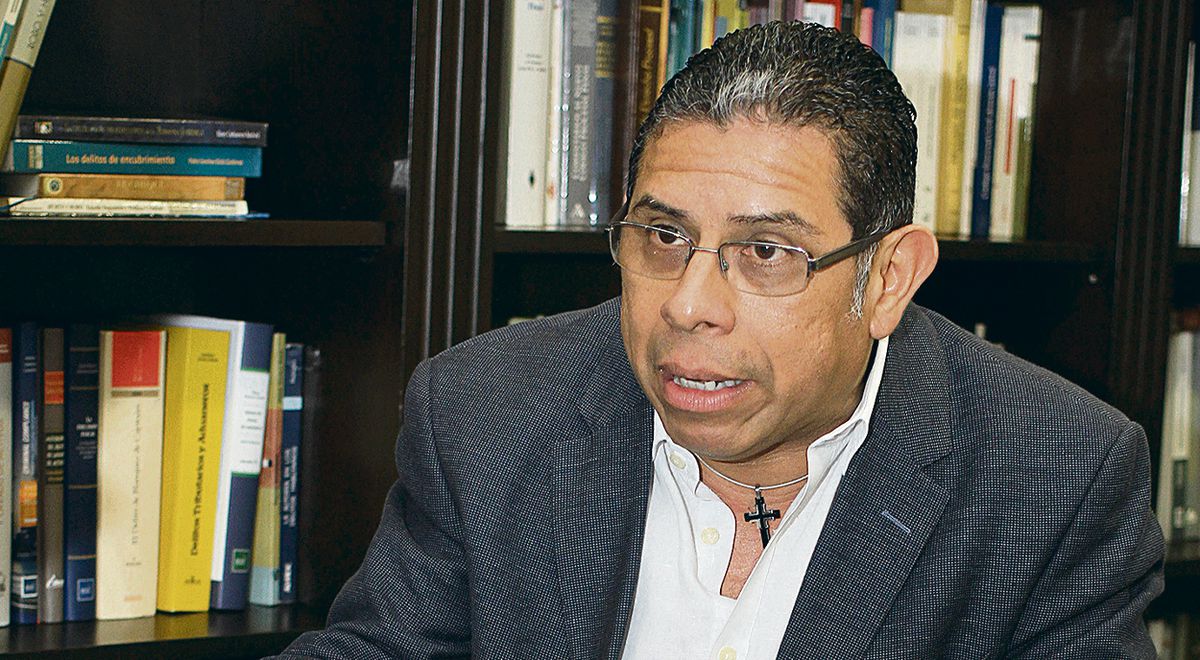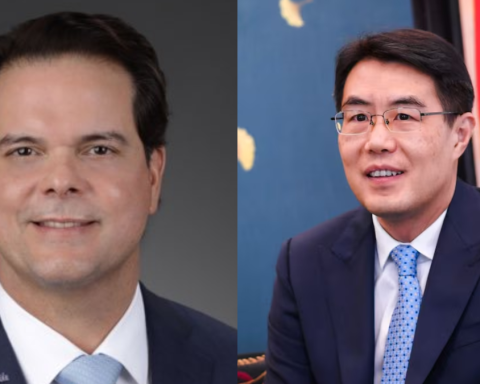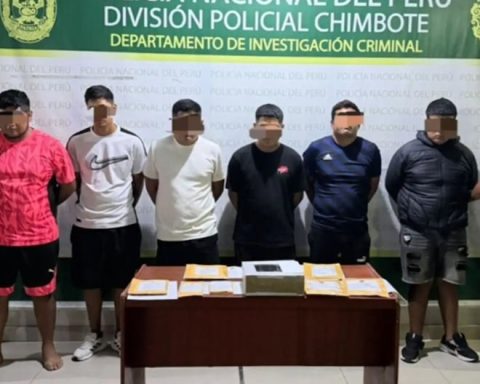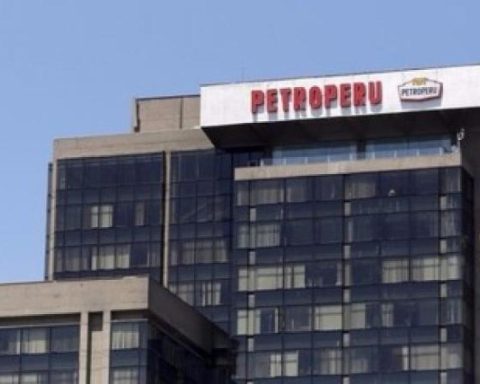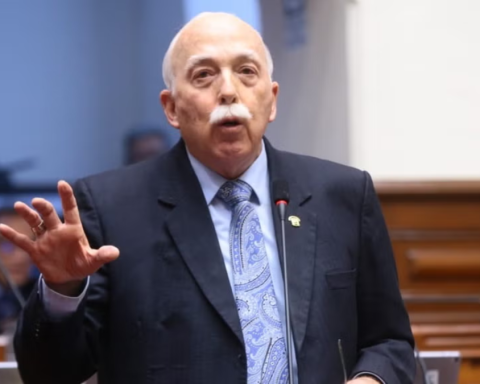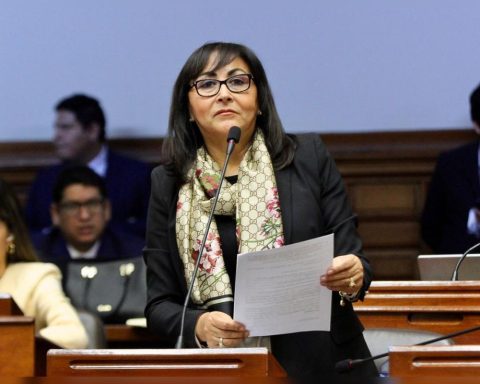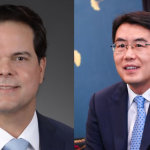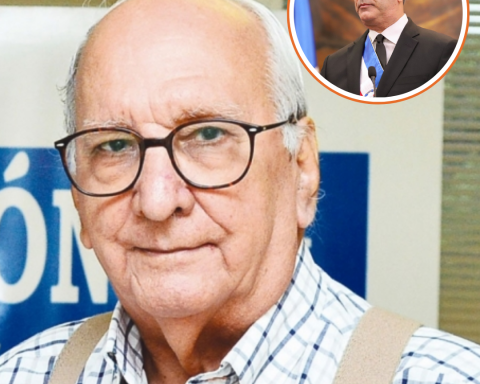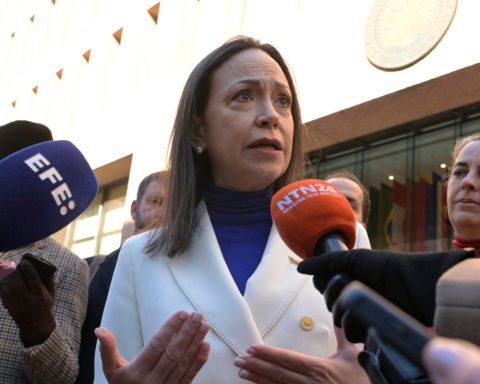There is a controversy on whether President Pedro Castillo, If summoned to Congress, he must or not answer for the clandestine meetings in Breña’s house, despite the fact that this issue is not included in the motion for presidential vacancy. In this interview, the lawyer and former attorney César Azabache sheds light on it.
How does the Public Ministry summons President Pedro Castillo for the case of promotions in the Armed Forces before this vacancy request?
I understand that this summons is related to the case of promotions of officers of the Armed Forces and Police. It is one of the elements that are in debate. The other is the discovery of the US $ 20 thousand in the offices of the lord Bruno Pacheco. The third is from the public contracts obtained or assigned to this business group, which appears to have had an interest manager meeting with it. They are three differentiable issues. In all three, the president did not show that he had a version of things that would allow him to distinguish.
YOU CAN SEE: Urresti: I am not with Castillo, but the vacancy at this time is not the right thing to do
What is Castillo exposed to?
He is exposed to what he says is confronted with the evidence. We do not know what options you will choose. It must be borne in mind, however, that these days it has become clear, based on In statements by Prime Minister Mirtha Vásquez, that eventually if he were summoned to Congress on the occasion of the vacancy request, he would apparently choose not to answer questions not included in the text. That is legally possible, but institutionally wrong. Institutionally, the silence of the President of the Republic is strongly regressive in this crisis.
It is very probable that the vacancy motion will be admitted and the president will be summoned. What should a lawyer recommend to you? Stick to the legal and tell him not to answer for the events in Breña because they do not appear in the motion for vacancy? Or answer for Breña?
There are two types of large legal cases: those that refer exclusively to private rights, where it makes all the sense in the world that all legal resources are used to ensure the individual rights of a person or company, and cases of institutional impact, in Those who use individual rights can be deeply regressive. This for a reason: cases of institutional interest involve people who are not individuals, they are representatives, magistrates or they have public commissions by choice. That means that by making a choice about how to approach their processes, they are not only putting their personal interests at stake, but also the public role they have assumed.
YOU CAN SEE: Pedro Castillo: “I have the moral capacity not only to correct, but also to sanction”
If the president appeals to the formalism of not declaring about the meetings in Breña, is he increasing the risk of being vacated?
Of course, because you would be making a decision only based on your individual rights as a natural person, without taking into account the consequences that that decision produces. on the condition of the President of the Republic as the authority of your institution.
Congress is going to rebuke the president for the events in Breña. If you are dismissed for this case, which is not on the motion, will due process have been respected?
We have 21 years of parliamentary activities linked to debates on political and criminal responsibilities. This practice has shown that Congress claims in its favor not to use certain formal guarantees that are usual in the investigation procedures of the Prosecutor’s Office. Rather, Congress has consistently and successfully rejected having certain question limits and response in their interventions. The only limit that was imposed comes from the Alan García case (with the Megacommission).
YOU CAN SEE: Ayala: “What Parliament wants to do is find any excuse to vacate the president”
Is this case a precedent then?
It is true that the García case could instruct the president’s lawyer to tell him not to respond to any comment that is not included in the admission of the vacancy motion. You have the right to say that you will not answer the question on the Breña issue. But the question of the debate is not the Breña case, it is the president’s moral capacity. The concept of moral incapacity of the president is empty (…) The president may not answer for Breña’s house, as a meeting space, and Congress will decide, if it gathers the 87 votes, to vacate it due to permanent moral incapacity.
What do you think about the seven arguments that are in the motion for vacancy?
Regarding the vacancy motion, it is like an unsustainable document. It does not make any sense. That’s not the problem. The problem is that the crisis behind the text is becoming unsustainable. And the message of President Pedro Castillo about the crisis does not make any sense either. What we are looking at is the repetition of a cycle of deterioration, reminiscent of what Manuel Merino did, when they dismissed Martín Vizcarra; Mr. Pedro Castillo T-shirt the errors of Vizcarra.
YOU CAN SEE: Carlos Anderson on the vacancy: “It is such a powerful weapon that it would remove the entire system”
With all that is known, are there indications for the Prosecutor’s Office to initiate an investigation against the head of state for alleged influence peddling in the Karelim López case?
Well, as you know, the charges against the president must be referred to the end of his term. But in the Prosecutor’s Office there is an investigation that includes the event of the US $ 20 thousand in the bathroom closet of the former secretary of the Palace and one that includes the issue of promotions in the armed forces. And the use of the environments in Breña’s house is already linked to processes that have started in the Comptroller’s Office and the Prosecutor’s Office. So it is a deserving event and it is being investigated.
